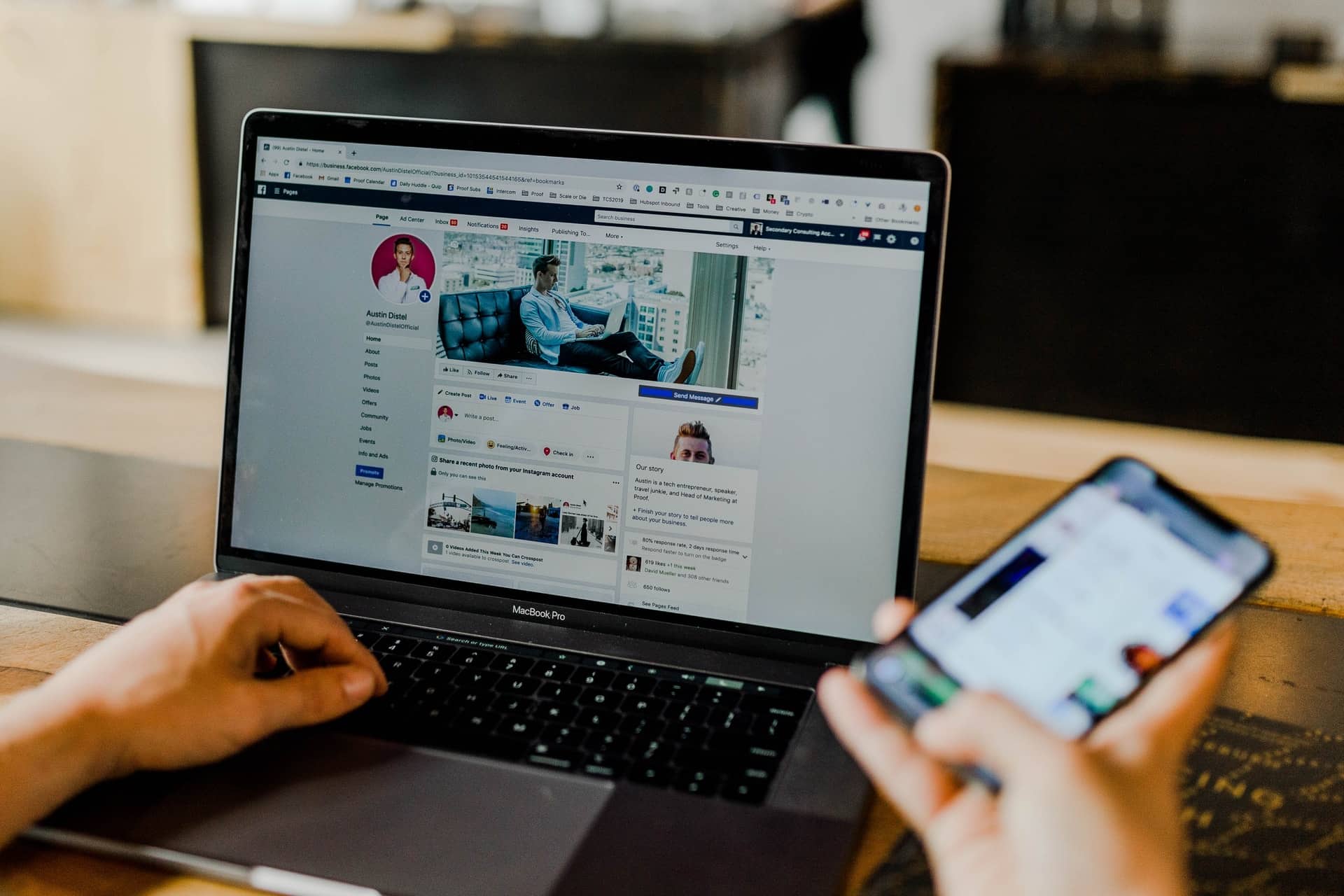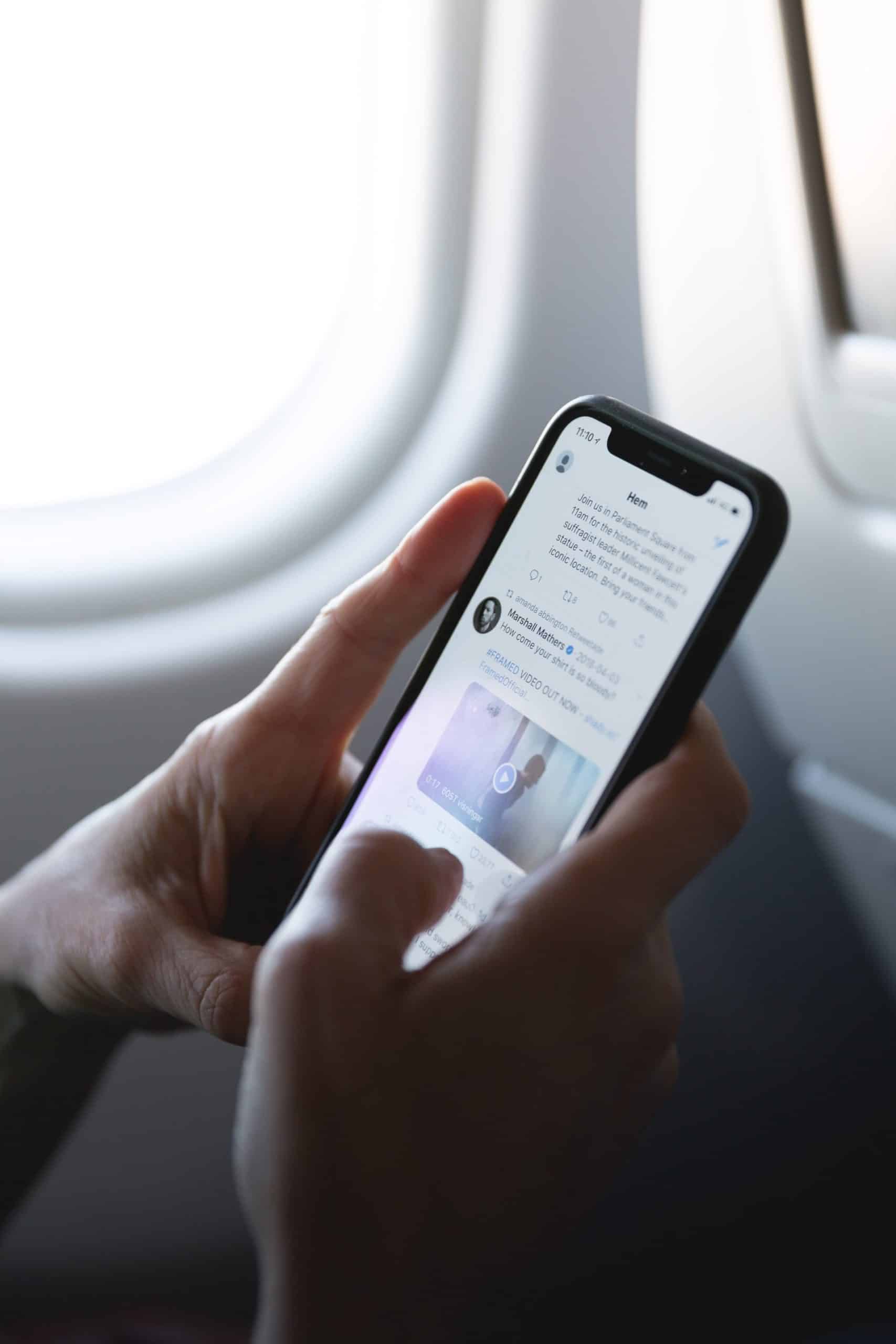It sure feels wonderful when you wake up in the morning on your birthday and find your social media profile filled with wishes from friends and family. You feel loved and cared for. Of course, social media platforms are a great way to connect with people, especially your friends and family separated by distance.
However, going overboard and sharing too much information online is risky. You may fall victim to identity theft while compromising your privacy and security. You must be confused about what you shouldn’t share online. Thus, this guide should help you distinguish which personal details should be kept away from social media.
IMAGE: UNSPLASH
Your Birth Year And The City
No matter how good you feel about wishes on your birthday, it’s unwise to share your date of birth with everyone. Even if you do, keep things confined to the day and month only. Why is that? It’s because if you share your exact date of birth and the city where you were born, you make yourself vulnerable to hackers using the information to predict your social security numbers and taking control of your financial life.
In other cases, birthdays might reveal passwords if you have used that combination. Additionally, the date might be your PIN on your phone. Thus, avoid revealing it on social media, or at least make it visible only to your friends.
Your Intimate Moments
While popular belief says otherwise, once you’ve posted anything online, it stays there even after you’ve deleted it. While posting snaps of your intimate moments may be no big deal for you, your stance is sure to change when you view the same snaps a few years down the line. Moreover, these days, an increasing number of recruiters check social profiles before deciding whether to take you onboard or not. It’s only stating the obvious that they would be taken aback to see your intimate moments posted online. Therefore, play safe and avoid doing so.
Addresses And Phone Numbers
Of all the sensitive personal information, our home address and phone number come right at the top. However, we may unwittingly expose them at times. To cite an example, you might take a photo of your email and blur your address. Despite that, your address may be revealed by the postal service barcode, which is an encoded representation of your address. Again, online registrations need you to share your phone number.
Some might be genuine, but still, you’re at risk: your phone number may be misused by service providers, which can trigger spam. Thus, think twice before leaving your phone number exposed.
Personal Banking Details And Numbers Of Your Cards
Identity theft is a very stressful experience, and you can be locked out and prevented from accessing your bank account. You can’t use your credit cards, and you are also barred from using other essential services.
There never can be a reason good enough to make you share images of your IDs, bank cards, or any form of financial information online. However, many people have done so even on platforms as freely accessible by the public as Twitter or Instagram. Even if, for some reason, which should come very rarely, you do share such images online, be sure to first redact all confidential items.
Constant Updates And Vacation Plans
You should avoid posting regular updates about where you are and other updates of a similar nature, like where you plan to spend your vacation. It might feel natural to you to keep everyone you know on social media posted about what you are up to, but it’s fraught with risks.
There are people with malicious intent snooping on the net, waiting to pounce on the information. There have been many incidents of stalking and burglary after the victims innocently posted updates about their location on social media. We suggest that you make modifications to your privacy settings before posting such details.
Online Data And Activities
Besides preserving your personal information, you should also be aware that you are bound to share some data automatically. For instance, all websites (including social media platforms) you visit will know your approximate location.
Do you wish to escape IP-based tracking? A VPN for online safety is the tool you can get to avoid it. It allows you to connect to remote servers and change your IP address as a result. Thus, online entities won’t be able to calculate your true location. Additionally, a VPN protects your online activities and data, meaning no one can intercept your connection.
Conclusion
You may restrict the information you share online at any time. Before you post information on social media platforms like Facebook and Twitter, think deeply about the people it should reach. Hackers and fraudsters lurking online may steal valuable information, or you can fall victim to identity theft. Make sure to update all your systems and the programs you use. You should also use the latest version of each software you own. Do stay safe when you’re online.
If you are interested in even more social media-related articles and information from us here at Bit Rebels, then we have a lot to choose from.


COMMENTS